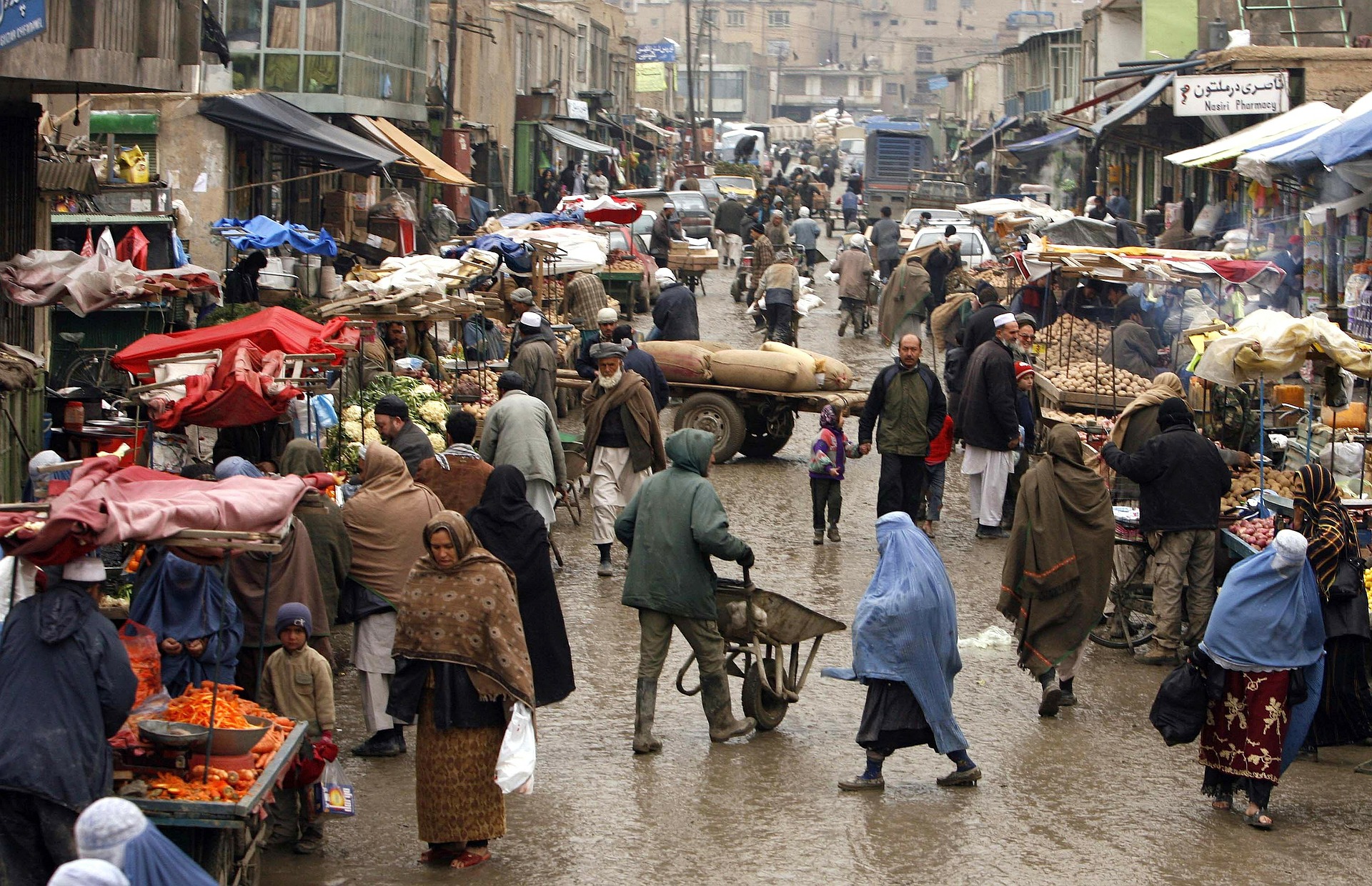ISAF
It started with the Bonn conference. Our promise was that of “nation building”, our premise that of creating a sound transitional government, from where we would defeat the Taliban and deny al-Qaeda a home, make the American people safe by depriving the jihadists of a safe haven to launch another attack on the homeland, and from where we would be able to project our “power and influence”. We picked Mr. Karzai, a candidate whose vote was at the bottom of the barrel and created the misnomer “Northern Alliance” for his ruling coalition—in fact, there is no alliance between the Tajiks, the Uzbeks, and the Hazaras, the non-Pashtun peoples Mr. Karzai’s alliance is supposed to represent.
The first phase of the war was deceptively quick. The Taliban fled and the refugees poured back to a land unequipped to welcome them. The insurgency, like a mosquito you thought you had slain but had been waiting in a dark corner all along, grew in numbers and effectiveness. ISAF, International Security Assistance Force, was established and U.S. troops began to increase. The war entered its second phase, and the militants in a symbolic show of force, blew up the main gate of the ISAF. Now to get to the ISAF headquarters, you go through an inconspicuous metal door, cross a narrow passageway adorned with barbed wire to reach the operations center, where rows and rows of cabinets crammed with thousands of processors, run simulation and metrics analysis, as IEDs-impoverished explosive devices—go off at regular intervals somewhere outside.
Militarily, we committed the same error the British did every time they tried, and failed, to colonize the “Graveyard of Empires”, which was underestimating the deeply ingrained sense of personal honor and courage embedded in the Afghan tribal culture and mistaking the retreat of the warriors as defeat, confusing strategy with cowardice. Decades of living at crossroads between tribal traditions, religious extremism, and foreign meddling have made the Afghanis a complicated people, who defy classification. Kipling famously said: “You’ll never plumb the Oriental mind”, and recently McChrystal, the American general who leads the ISAF forces, echoing the famous words, said: “Everyday I realize how little I actually know about Afghanistan.” Non-militarily we committed the error of, well, not having a non-military plan.
Our recent messages of “funding jobs and reconstruction efforts in individual villages” comes too late in the fight, and runs contrary to the mentality of the marines (which is to go off a ship and rage battle), and so does the expectation that the Pakistani military will “mount synchronized military operations” on both sides of the Afghan-Pakistani border. Current endeavors, such as ramping up “nation building” training at places like the Joint Training Center in Louisiana, where Arab speakers and American soldiers simulate “real life” situations are akin to training for a title fight by watching videos. The assumption that the brave and noble men and women of our armed forces will defeat and dismantle al-Qaeda and its “ruthless, repressive, and radical” Taliban allies, with the help of the Pakistani army, in 18 months to two years, bears three major fallacies: first, there are but a few al-Qaeda operatives in Afghanistan and they pose no clear and present danger. Most al-Qaeda militants, including Osama Bin Laden, are in Pakistan. Second, the Taliban are not constricted to the heartlands of Helman and Kandahar where the major surge is going to occur. They are seamlessly embedded in the social context of Afghanistan. They are the people. Third, heeding Obama’s demands would require that Pakistan launch a major offensive in North Waziristan, the base of operations of the Haqqani network, the most dangerous insurgent group operating in Afghanistan, and logistically supported by Pakistan’s very own military secret services. There is also the question of Hindustan. For Pakistan the question of India looms large. Pakistan’s military is plagued by the pathological fear of India and the Northern Alliance elements in the Karzai government who are pro-India. The ranks of the Pakistan army are heavily indoctrinated with anti-Hindu, anti-India propaganda. Islamabad has no reason to attack the Afghan militants it considers allies in the fight against India.
…
Courtesy image by Pixabay



